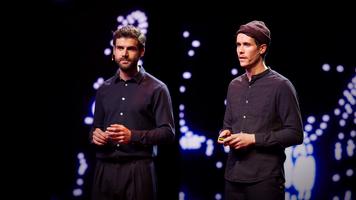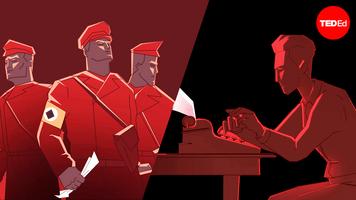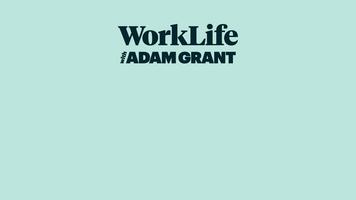Hans Block and Moritz Riesewieck: The price of a "clean" internet

Millions of images and videos are uploaded to the internet each day, yet we rarely see shocking and disturbing content in our social media feeds. Who's keeping the internet "clean" for us? In this eye-opening talk, documentarians Hans Block and Moritz Riesewieck take us inside the shadowy world of online content moderators -- the people contract...
Iseult Gillespie: The secret student resistance to Hitler

In 1943, Allied aircraft rained tens of thousands of leaflets on Nazi Germany below. The leaflets urged readers to renounce Hitler, to fight furiously for the future— and to never give up hope. Their call to action rippled through homes and businesses— and their message even reached concentration camps. They were signed: the White Rose. Iseult G...
WorkLife with Adam Grant: A world without bosses

Being your own boss can be liberating, but it can also be paralyzing. Adam talks with author Dan Pink about the challenges of working for ourselves and visits a tomato paste company, Morning Star, that has run successfully for decades without bosses. This episode is brought to you by Bonobos, Accenture, JPMorgan Chase & Co., and Warby Parker...
Bjarke Ingels: 3 warp-speed architecture tales
Jonathan Zittrain: The Web as random acts of kindness
Hans Block, Moritz Riesewieck: The price of a clean internet | Hans Block & Moritz Riesewieck | TEDxCERN

With over 2 billion people using Facebook world-wide and several millions uploading content on Instagram, YouTube and other social media, we could potentially expect a lot of horrible content to be spread around. However, in reality, we actually see dangerous or ugly content only very rarely in our feeds. How come? Who cleans our information ch...

